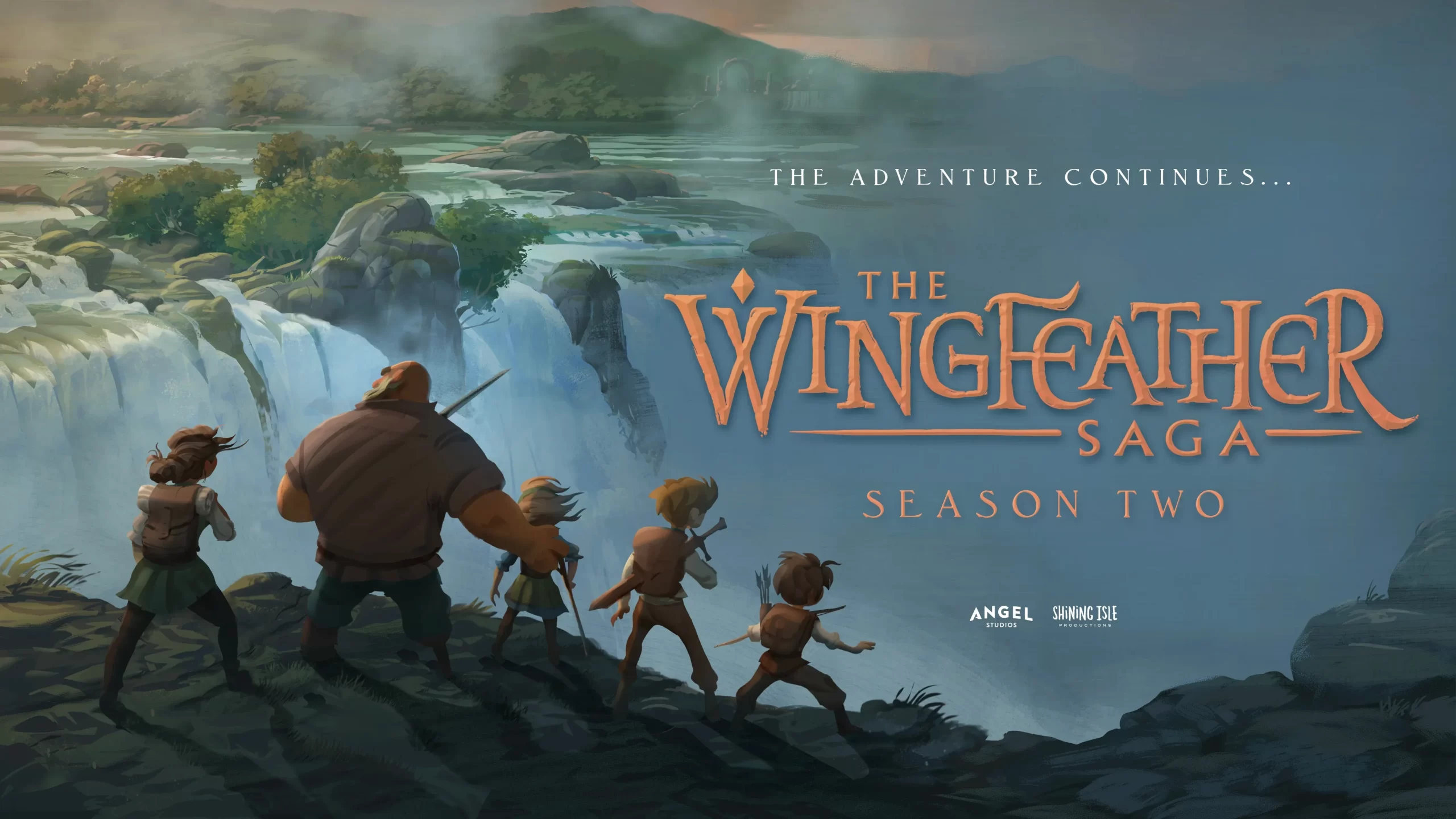Animated series are a popular form of entertainment for children, but they can also be a powerful tool for teaching important values. Shows like Bluey or Wingfeather Saga season 2 are not just fun to watch; they also offer lessons about courage, friendship, and honesty in a way that is accessible and engaging for young viewers. This article explores how these shows can impact a child’s development and understanding of essential life principles.
1. Developing Empathy
Animated series often feature diverse characters facing various challenges. By watching these characters navigate their problems, children can learn to empathize with others’ feelings and situations. This can be particularly effective in animation, where colorful, exaggerated expressions help children recognize and understand emotional cues.
Children who see characters showing kindness and understanding to others are likely to imitate these behaviors. Over time, this can help develop a strong sense of empathy, crucial for building relationships and interacting with others throughout life.
2. Understanding Consequences
Many animated series use storytelling to show the consequences of actions. For example, a character might make a poor decision that leads to trouble, and through the unfolding events, children learn about accountability. This method helps children understand that their actions have effects, teaching them to think about what might happen before they act.
This approach teaches children about responsibility and encourages them to make better choices. Seeing characters learn from their mistakes can reinforce the message that everyone makes errors, but learning and growing from them is important.
3. Building Resilience
Animated shows often portray characters who face and overcome difficulties. This can be a great way for children to learn about resilience and determination. Watching their favorite characters struggle yet ultimately succeed can inspire children to keep going when facing challenges.
Additionally, these stories can provide children with coping strategies to deal with setbacks. By identifying with characters who must find solutions to problems, children can learn practical ways to handle similar situations in their own lives.
4. Encouraging Creativity
By its nature, animation is a boundless form of artistic expression that can stir the imagination. Children exposed to various artistic styles and storytelling techniques can become more creative. They learn to think outside the box and express themselves in unique ways.
Moreover, animated series that include fantasy and adventure elements can spark a child’s imagination about the world. This enhances creative thinking and encourages curiosity and a desire to learn more about the world around them.
Read More: The Fistful of RPGs Worth Playing
5. Promoting Social Skills
Lastly, watching animated series can help children develop better social skills. Many shows focus on themes of friendship, cooperation, and social dynamics. Through these stories, children learn how to interact with others, share, and contribute to their community.
These series often present scenarios where characters must work together to solve problems, highlighting the importance of teamwork and communication. Observing these interactions teaches children valuable lessons about the give-and-take necessary for successful relationships.
Animated series are more than just entertainment for children. They are a valuable tool for teaching important life values, from empathy and creativity to resilience and social skills. By carefully choosing what shows their children watch, parents can help guide their learning and development in a fun and engaging way.





